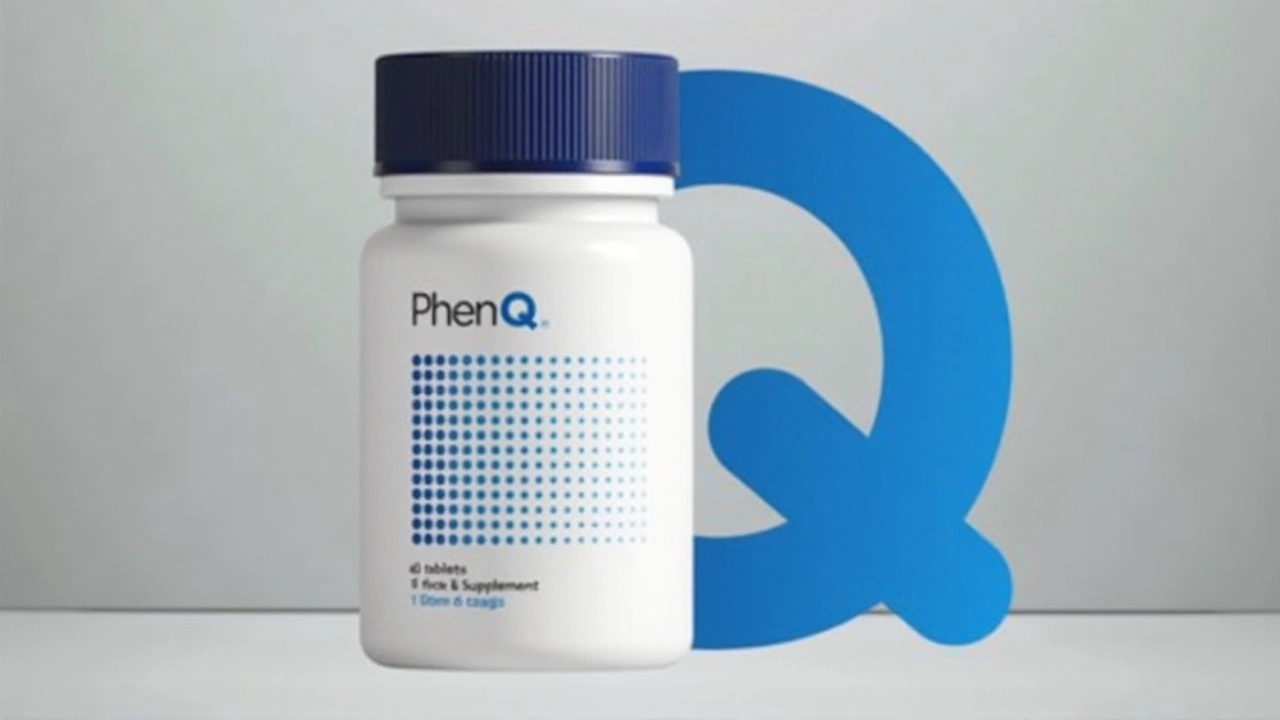Natural OTC Alternatives to Metformin for Weight Loss
In August 2024 PharmaExpressRx published a practical guide that looks at over-the-counter alternatives to metformin for people focused on weight loss and blood sugar control. The post compares common supplements, explains how they may work, and stresses safe use alongside medical care. If you were wondering whether there's a cheaper or more natural route, this summary highlights the main options and what to watch for.
Top OTC options and how they work
Berberine is the most-discussed option. It can improve insulin sensitivity and help lower fasting blood sugar through effects on AMPK and gut microbiota. Clinical reviews have shown berberine can reduce glucose and improve cholesterol, and many people take 500 mg two to three times daily. Watch for stomach upset and possible interactions with drugs broken down by the liver.
Chromium picolinate helps insulin signaling and may modestly reduce cravings for carbs. Typical doses range from 200 to 500 mcg per day. Results are small for weight loss but some people see better blood sugar numbers when combined with diet changes. Don’t expect a quick fix—chromium takes weeks to show effects.
Alpha-lipoic acid (ALA) acts as an antioxidant and improves glucose uptake in cells. Common doses for metabolic support are 300 to 600 mg daily. ALA can also ease nerve pain in people with diabetic neuropathy. Side effects are usually mild but include nausea and skin rash in a few users.
Other practical OTC choices include soluble fiber supplements (psyllium, glucomannan) that slow carbohydrate absorption and can help with fullness, and cinnamon extract which has small effects on post-meal glucose. These are inexpensive and easy to add to meals.
Safety, dosing, and when to talk to your doctor
Supplements can lower blood sugar, so if you’re already on diabetes medicine you may risk hypoglycemia. Always tell your provider before starting anything new. If you stop metformin or switch to supplements, do it under medical supervision while tracking fasting glucose and A1c.
Buy from reputable brands with third-party testing to avoid contamination and inaccurate dosing. Start at the lowest effective dose and give each supplement at least 8–12 weeks to judge benefit. If you’re pregnant, breastfeeding, have kidney or liver disease, or take multiple prescriptions, get medical advice first.
Monitor your numbers closely when testing supplements. Check fasting glucose two to three times per week at first and write down readings with time and meals. Schedule an A1c test every 8–12 weeks while you make changes. If you notice readings below 70 mg/dL or symptoms like shaking or confusion, stop the supplement and contact your provider immediately. Stay informed.
Practical next steps: try one supplement at a time, keep a food and glucose log, and pair supplements with realistic diet and activity changes. If you see improved numbers and no side effects, discuss a long-term plan with your clinician. The August 2024 post on PharmaExpressRx gives a clear, balanced look—use it as a starting point, not a replacement for personal medical advice.
